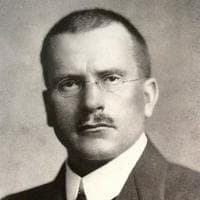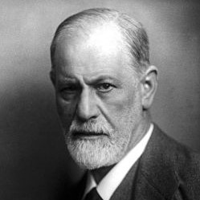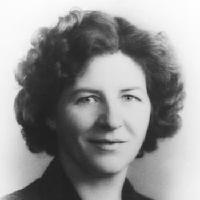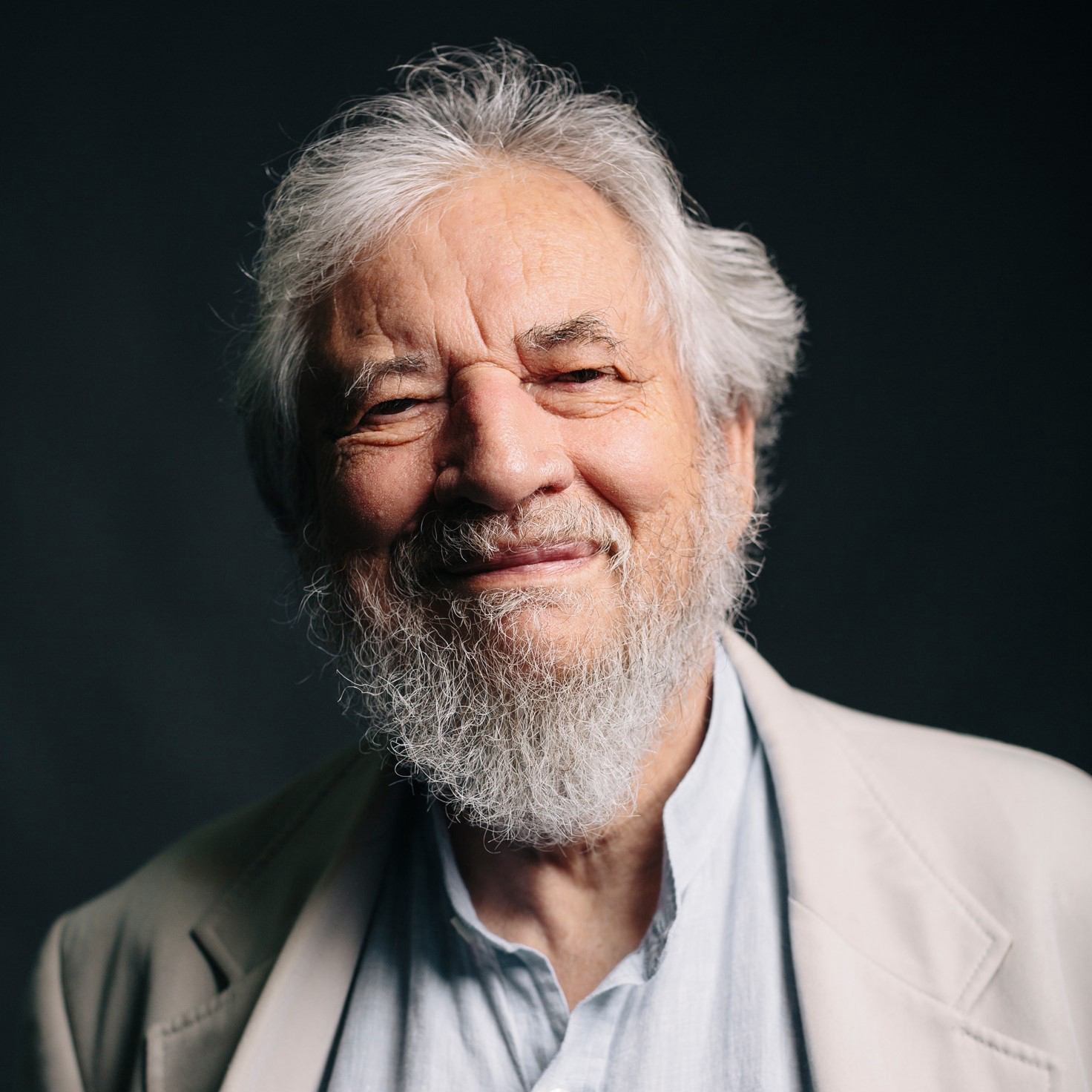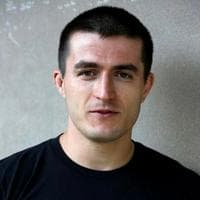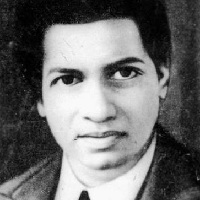Carl Jung mbtiパーソナリティタイプ
個性
"Carl Jungはどのような性格タイプですか? Carl Jungは、INFJ in MBTI、5w4 - sp/sx - 594 in Enneagram、RCOAI in Big 5、LII in socionics のパーソナリティタイプです。"
In the classical Jungian definition of the cognitive functions from Jung's books, "Introverted intuition" represents the "collective unconscious", and people using this function are being attuned to primordial archetypes, main archetypes, or other archetypal figures, such as "the hero", "the lover", "the trickster" etc. "Extraverted intuition" (Ne) represents "The collective conscious". Extraverted intuition users see the world through "subcultures"- through pop-culture, celebrities, trends, "ideas of their time". This is why NTPs and NFPs are very attuned to this area, occupy a great portion of the celebrity culture, trends, and are very knowledgeable in terms of games, movies, animations, book culture. If we are to analyze Jung's work, his focus on subconscious is clear, him putting the base of what we know today related to it. He is a clear "Introverted intuition" user if we were to take his words and his whole life work and focus into consideration. Introverted thinking (Ti) is a subjective function, ego-driven (so this, together with the fact that "judging functions", such as thinking and feeling are the most "visible" as compared to perceiving functions, would cause them to take the front when it comes to descriptions of the self/ego). With Ti (especially in Ni-Ti combo), a conclusion is first projected, and after is reinforced by arguments and observations (in his case Se-Fe). "The introverted thinking type is characterized by a priority of the thinking I have just described. Like his [p. 485] extraverted parallel, he is decisively influenced by ideas; these, however, have their origin, not in the objective data but in the subjective foundation." In contrast with extraverted thinking (Te), which is objective (connected to observation), argument-based, attuned to collective thinking: "In accordance with his definition, we must picture a, man whose constant aim -- in so far, of course, as he is a [p. 435] pure type -is to bring his total life-activities into relation with intellectual conclusions, which in the last resort are always orientated by objective data, whether objective facts or generally valid ideas. (...)" (Jung, C. G., Psychological Types) "(...) I came across a textbook of psychiatry. Up to then I thought nothing about it, because our professor then wasn't particularly interested, and I only read the introduction to that book, where certain things were said about psychosis as a maladjustment of the personality. That hit the nail on the head. In that moment I saw I must become an alienist. My heart was thumping wildly in that moment, and when I told my professor I wouldn't follow him, I would study psychiatry, he couldn't understand it. Nor my friends, because in those days psychiatry was nothing, nothing at all. But I saw the one great chance to unite certain contrasting things in myself, namely besides medicine - besides natural science I always studied the history of philosophy and such subjects. It was just as if suddenly two streams were joining." (BBC interview "Face To Face", 1959) “My whole being was seeking for something still unknown which might confer meaning upon the banality of life.” “I am astonished, disappointed, pleased with myself. I am distressed, depressed, rapturous. I am all these things at once, and cannot add up the sum. I am incapable of determining ultimate worth or worthlessness; I have no judgment about myself and my life. There is nothing I am quite sure about. I have no definite convictions—not about anything, really. I know only that I was born and exist, and it seems to me that I have been carried along. I exist on the foundation of something I do not know.” A clear portrayal of Ni-Ti dynamic. And extraverted feeling expression (Fe) rather than extraverted thinking (Te) coupled with Fi moral judgement. Also he explained he had a dual development and manifestation. One under his family, where his Ti was suppressed and he was in a more Fe-Se influenced state (the societal persona). And his grown up version where his Ti became more developed and taken into focus (more isolated). Showing a common struggle in INFJs between the 2 judging functions. “Somewhere deep in the background I always knew that I was two persons. One was the son of my parents, who went to school and was less intelligent, attentive, hard-working, decent, and clean than many other boys. The other was grown up—old, in fact—skeptical, mistrustful, remote from the world of men, but close to nature, the earth, the sun, the moon, the weather, all living creatures, and above all close to the night, to dreams, and to whatever “God” worked directly in him.” (Carl Jung, Memories, Dreams, Reflections) -More in comments-
バイオグラフィー
Carl Gustav Jung (German: [ˈkarl ˈjʊŋ]; 26 July 1875 – 6 June 1961) was a Swiss psychiatrist and psychoanalyst who founded analytical psychology. His work has been influential not only in psychiatry but also in anthropology, archaeology, literature, philosophy, and religious studies. As a notable research scientist based at the famous Burghölzli hospital, under Eugen Bleuler, he came to the attention of the Viennese founder of psychoanalysis, Sigmund Freud. The two men conducted a lengthy correspondence and collaborated on an initially joint vision of human psychology. Freud saw in Carl Jung the potential heir he had been seeking to carry on his "new science" of psychoanalysis.
